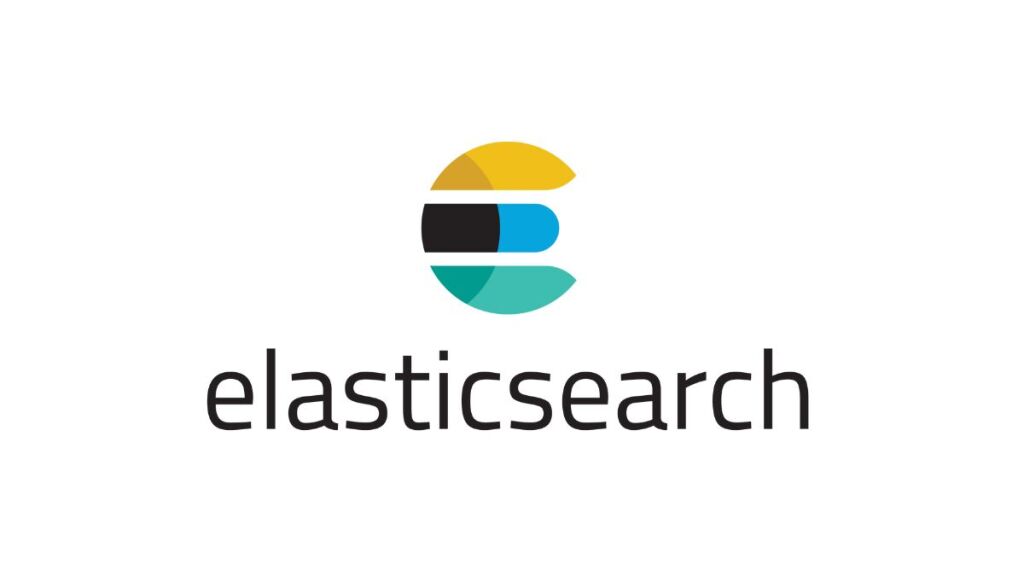Elasticsearch, the powerful open-source search and analytics engine, evolves rapidly, with frequent releases that introduce new features, enhancements, and critical security fixes. Knowing the version of Elasticsearch you’re running is crucial for several reasons: it ensures compatibility with Elasticsearch clients and plugins, helps in troubleshooting issues by referencing specific version documentation, and is essential for planning upgrades to leverage new capabilities or address vulnerabilities. This article guides you through various methods to determine the version of your Elasticsearch cluster.
Method 1: Using the Elasticsearch REST API
The simplest and most common way to check your Elasticsearch version is by using the Elasticsearch REST API. You can achieve this by sending a request to the root path of your Elasticsearch HTTP service. This method does not require authentication, and you can use any HTTP client, such as curl, to make the request.
Using curl
Open your terminal and use the following curl command:
curl -X GET "http://localhost:9200"Replace "http://localhost:9200" with the URL of your Elasticsearch cluster if it’s hosted on a different server or port. The command should return a JSON response containing various details about your cluster, including the version number. The response looks something like this:
{
"name" : "node-1",
"cluster_name" : "elasticsearch-cluster",
"cluster_uuid" : "a-bunch-of-characters",
"version" : {
"number" : "7.10.0",
"build_flavor" : "default",
"build_type" : "docker",
"build_hash" : "some-hash",
"build_date" : "2020-11-09T21:30:33.964949Z",
"build_snapshot" : false,
"lucene_version" : "8.7.0",
"minimum_wire_compatibility_version" : "6.8.0",
"minimum_index_compatibility_version" : "6.0.0-beta1"
},
"tagline" : "You Know, for Search"
}The "version": { "number": "7.10.0" } part of the response indicates that the Elasticsearch cluster is running version 7.10.0.
Method 2: Through Kibana
If you have Kibana installed and configured to work with your Elasticsearch cluster, determining the Elasticsearch version can be as simple as logging into your Kibana dashboard. Kibana displays the Elasticsearch version in several places, including the “Stack Management” section and the browser tab title when accessing the management interface. This method provides a user-friendly way to check the version without using the command line.
Method 3: Checking Elasticsearch Logs
Elasticsearch logs the version number during the startup process. If you have access to the Elasticsearch log files on your server, you can find the version information by looking for the startup entries. This method might be particularly useful if you have direct access to the server hosting Elasticsearch but wish to avoid making HTTP requests.
The log entry indicating the version might look something like this:
[2020-11-10T10:00:00,000][INFO ][o.e.n.Node] [node-1] version[7.10.0], pid[1234], build[default/docker/some-hash/2020-11-09T21:30:33.964949Z], OS[...], JVM[...]
Method 4: Using the Elasticsearch Command Line
If you have shell access to the server running Elasticsearch, you can also determine the version by executing the Elasticsearch binary with the --version flag. Navigate to the directory where Elasticsearch is installed and run:
./bin/elasticsearch --versionThis command will print the Elasticsearch version along with some additional information about the build.
Conclusion
Knowing the version of your Elasticsearch cluster is essential for effective management, troubleshooting, and keeping your deployment secure and up to date. Whether you prefer using the Elasticsearch REST API, Kibana, server logs, or the command line, multiple methods are available to easily find this information. Regularly checking your Elasticsearch version can help you plan for necessary upgrades and ensure compatibility with other components in your search and analytics stack.
- How to Add Captions inside Feature Images with GeneratePress - May 8, 2024
- Car Dealership Tycoon Codes: Free Cash for March 2024 - April 9, 2024
- World Solver - April 9, 2024

